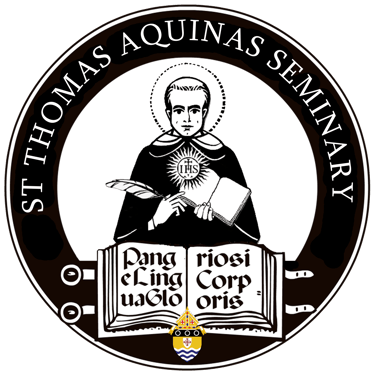Vocational Discernment
Join our online seminary for transformative education in the ancient Catholic tradition.
Exploring Vocational Discernment
Explore the steps involved in the vocation discernment process in the Ancient Apostolic Catholic Church, outlining how candidates are guided toward—and ultimately affirmed in—their call to the permanent diaconate or the priesthood.
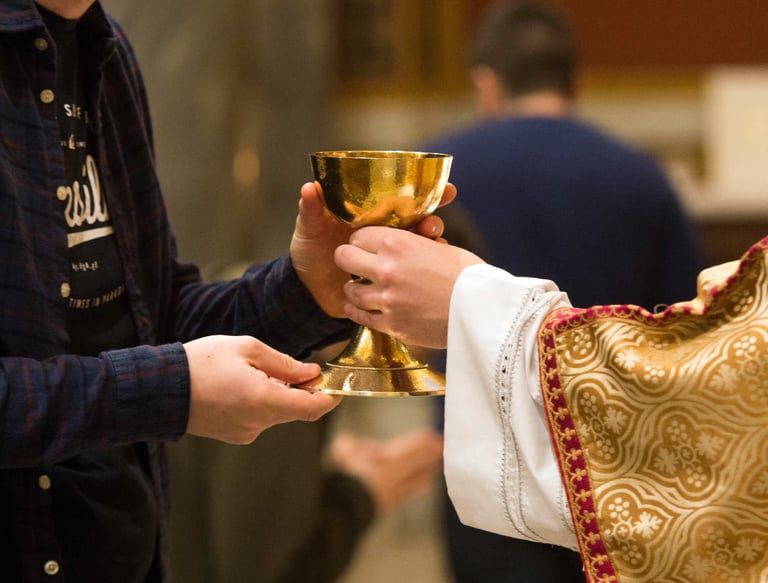

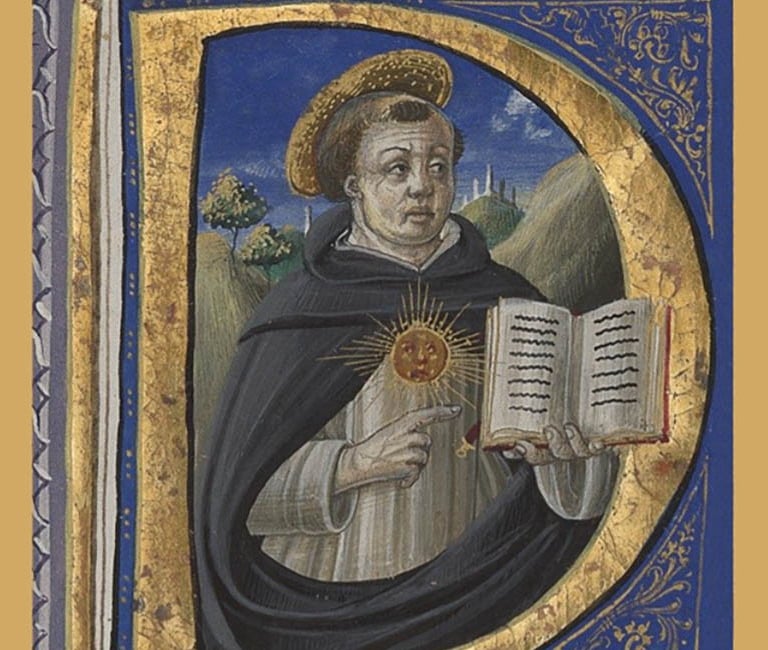

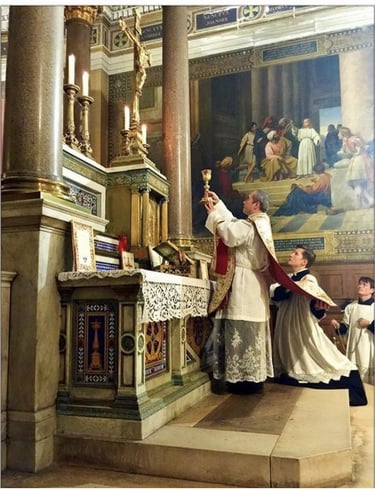

A Journey of Discernment
The vocation discernment process in the Ancient Apostolic Catholic Church guides candidates to determine if they are called to the permanent diaconate or priesthood. It begins with personal prayer and reflection, supported by spiritual direction from experienced mentors. Active participation in the sacraments, pastoral ministries, catechesis, and liturgical tasks provides practical experience. Candidates explore vocational paths through retreats and formal seminary evaluations. Each stage builds insight and preparation, ensuring aspirants are ready to embrace the responsibilities of a priest.
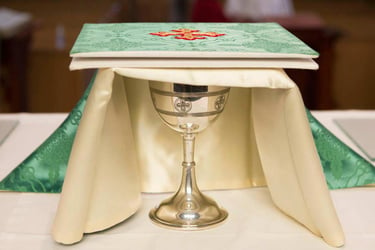

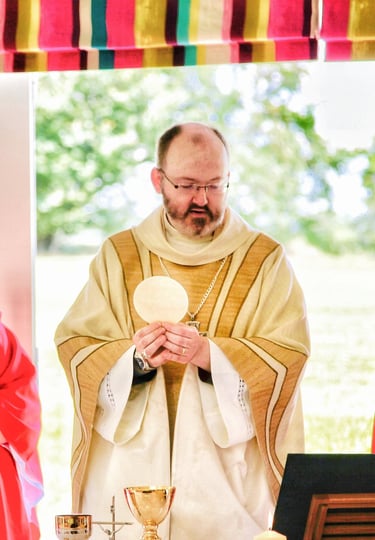

Pre-Seminary Questions
Download this PDF for a comprehensive framework, a questionnaire that balances professional insights with personal experiences, ultimately assisting in the evaluation of candidates committed to serving in the Old Catholic Church tradition.
Stage One
Personal Prayer and Reflection
This foundational phase is all about cultivating a deep, personal relationship with God. Candidates begin by inviting quiet and intentional prayer into their everyday life. This might include traditional practices such as the Rosary, Lectio Divina (a meditative reading of scripture), or even contemplative silence. The aim is not to rush into a decision but to slowly attune one’s heart and mind to God’s presence.
During this period, individuals reflect honestly on their inner desires, personal strengths, and limitations. They consider how these qualities could best serve the Church and the community. This process of introspection allows one to sense whether there is an inner stirring—the “seed” of a vocation—that yearns for a life dedicated to service, sacrifice, and ministry.
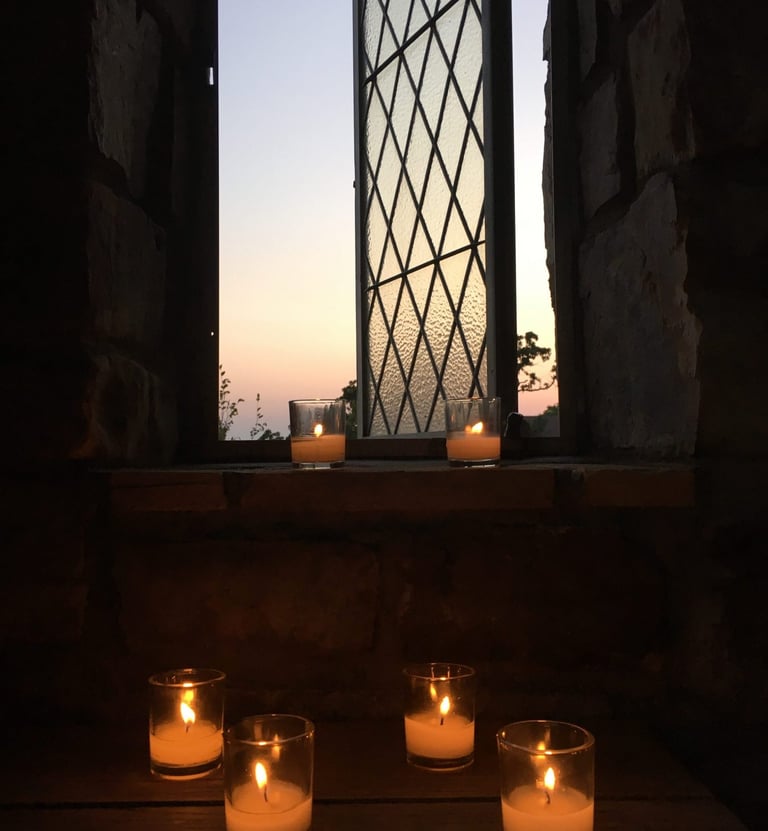

Stage Two
Spiritual Direction
Once the personal foundation is established, candidates are encouraged to pair their private prayer time with regular meetings with a spiritual director or vocations director. This mentor is a trusted guide who helps them navigate the complexities of discerning God’s call. In these sessions, the candidate discusses their spiritual highs and lows, doubts, and encouraging experiences. The spiritual director listens closely, offers insights rooted in Church teaching and personal experience, and sometimes presents new questions for further reflection. This accompaniment is a long-term relationship that gently challenges the candidate to grow in self-awareness and faith, ensuring that the discernment is balanced—not led solely by personal emotions or external pressures.


Stage Three
Participation in the Sacraments
The active reception of the sacraments is essential to deepening one’s spiritual life. For candidates, frequent participation in the Eucharist and Confession is not merely ritualistic but is seen as a vital channel of divine grace. Receiving the Eucharist offers a tangible, ongoing union with Christ and an opportunity to experience His transformative love, while Confession provides the regular renewal and forgiveness necessary to keep one’s spiritual life healthy.
This sacramental life reinforces the understanding that priesthood itself is sacramental—rooted in the mystery of Christ’s presence and the Church’s communal life. Through these practices, candidates see in a practical way how grace can sustain and guide a life dedicated to ministry.
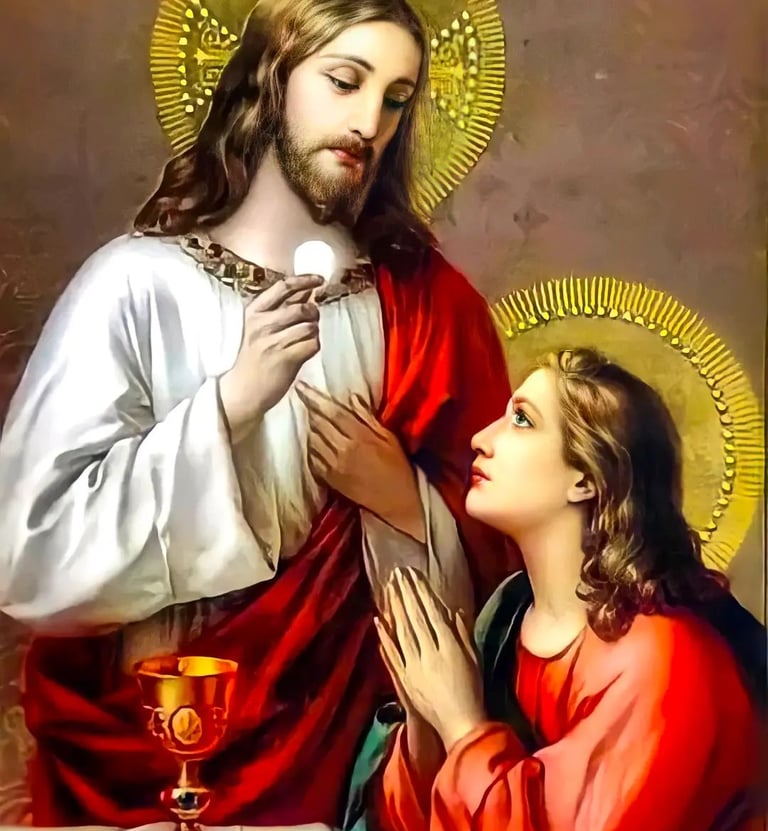

Stage Four
Exploration of Vocational Paths
Discernment in the Ancient Apostolic Catholic Church goes beyond an assumed push toward priesthood; it involves a thoughtful exploration of the various paths of service the Church offers. In this step, candidates are encouraged to study and consider the distinct roles and responsibilities inherent in both the Priesthood and the Permanent Diaconate. They might attend informational sessions, engage in one-on-one conversations with ordained ministers, or even shadow pastors and deacons in their daily tasks. This stage of research offers practical insights into the daily realities, challenges, and joys of each vocation. By comparing different forms of ministry, the candidate gains clarity on which path most authentically resonates with their personal gifts, temperament, and understanding of God’s calling.
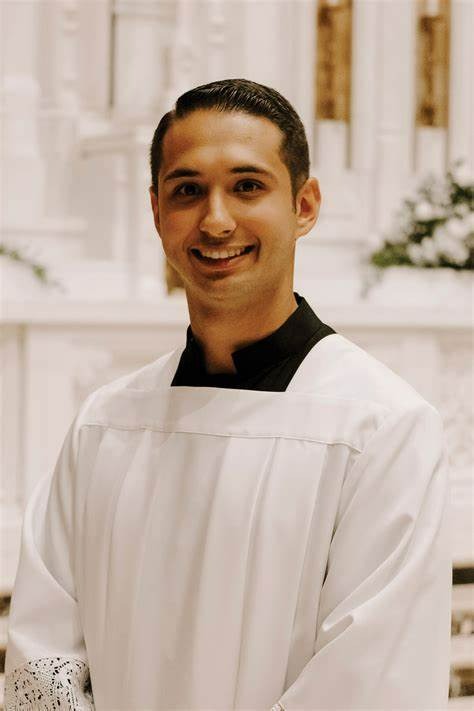

Stage Five
Essential Theological Enquiry for Prospective Seminarians
This key stage of the Seminary discernment process offers candidates two distinct academic opportunities to explore essential aspects of theology. The first enquiry presents ten thought-provoking questions centred on the Blessed Sacrament—a pillar of Catholic theology that encapsulates the profound mystery of Christ's real presence in the Eucharist—and provides academic insight alongside practical pastoral application. Meanwhile, the second essay introduces twelve study questions focused on the veneration of the Virgin Mary, examining the intersections of theology, dogma, and Catholic ecclesiology to foster critical analysis and contextual understanding for future ministry.


Stage Six
Application Process
When a candidate finally senses a confident pull toward the priesthood, the next formal step is applying to St Thomas Aquinas Seminary. This stage is both practical and evaluative. It typically begins with the submission of an application package that includes personal statements detailing one’s spiritual journey, a record of sacramental life, and recommendations from mentors or parish priests. Following this, the candidate takes part in formal interviews conducted by vocations directors and seminary staff. The application process also often involves psychological evaluations to ensure emotional maturity and resilience, as well as academic assessments to verify readiness to engage with rigorous theological study. Altogether, this multifaceted process is designed to confirm that the vocation is both heartfelt and sustainable, aligning the candidate’s inner calling with the practical demands of priestly life.
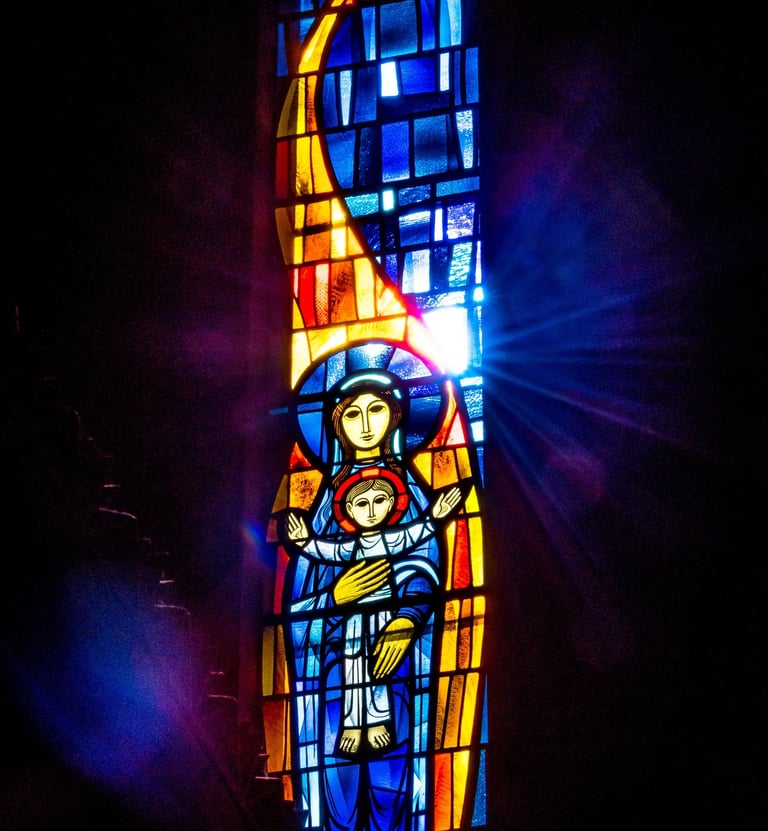

Stage Seven
Seminary Formation
Acceptance into seminary marks the beginning of an intensive formation period that spans several years. Seminary formation is holistic—it nurtures the candidate’s intellectual, pastoral, and spiritual dimensions. Academically, seminarians immerse themselves in studies of theology, scripture, Church history, and philosophy, building a thorough grounding in the Church’s teachings and traditions. Pastoral training is equally paramount, as candidates gain practical experience through parish assignments, liturgical planning, and direct ministry engagements. On the spiritual front, daily prayer, regular spiritual direction, and occasional retreats continue to refine the candidate’s inner life. The seminary environment is intentionally communal, fostering a deep sense of brotherhood, disciplined routine, and mutual support among candidates who share the same calling. This period is designed to shape not only a competent minister but also a person who fully embodies the virtues required for a life of dedicated service.
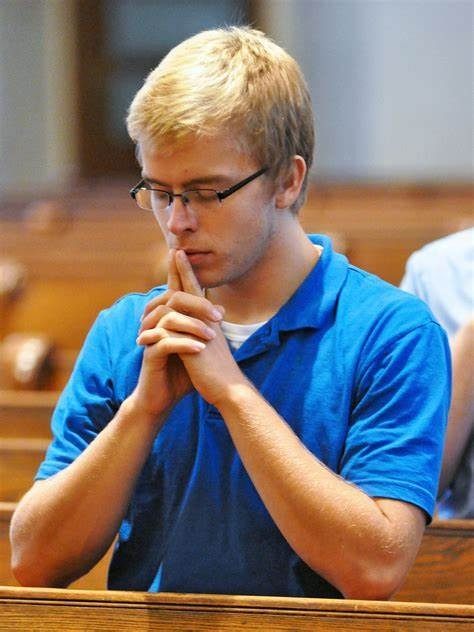

Stage Eight
Final Discernment and Ordination
The culmination of the entire journey is the final discernment phase, where the candidate’s readiness for full ministry is evaluated. At this stage, applicants undergo comprehensive reviews in spiritual maturity, pastoral aptitude, and theological ability. Initially, the candidate is ordained as a deacon—a role that serves as a practical testing ground for ministry responsibilities while staying under the mentorship of more experienced clergy. Depending on individual circumstances and the judgment of Church authorities, the diaconate might be transitional (a step toward eventual priesthood) or permanent in unique cases. After sufficient time and evaluation in the deaconate, and once a final affirmation is reached by the Church leadership, the candidate is ordained as a priest in a solemn liturgical ceremony. This sacred act not only marks the end of the discernment process but also signifies a lifelong commitment to serving God, the Church, and the community.
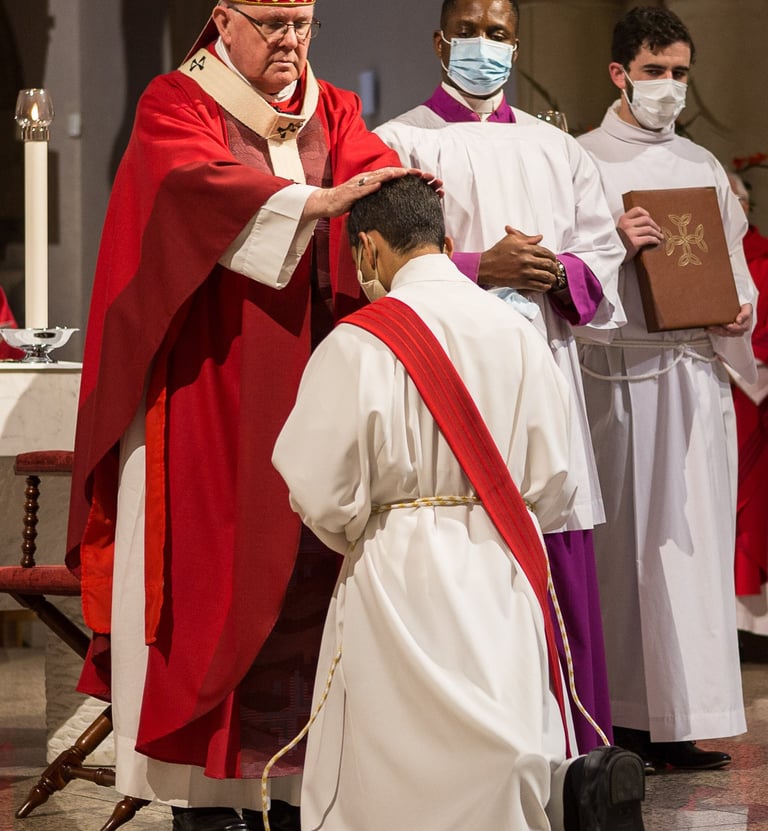

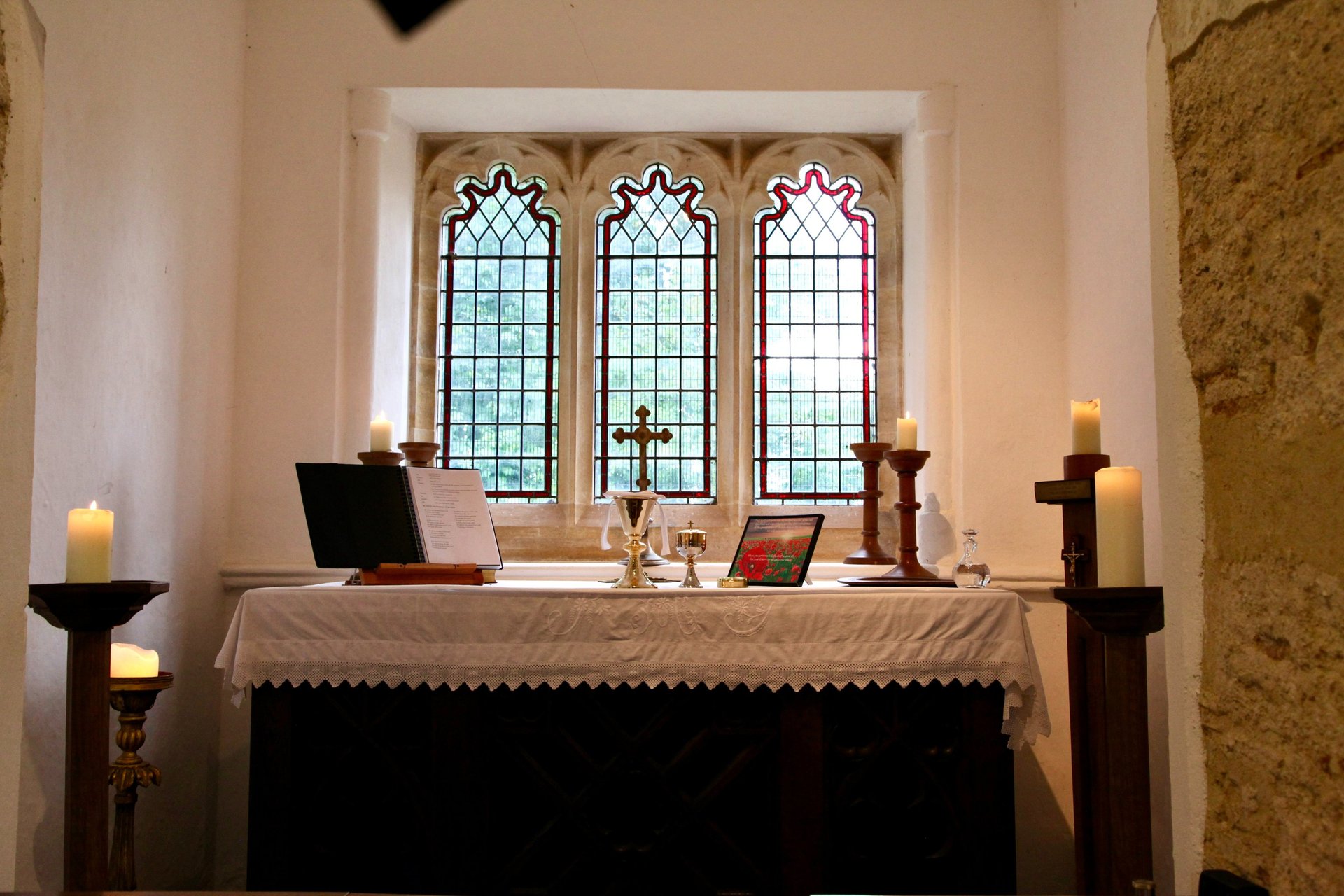
Shepherds in the Making:
Navigating the Call to Ministry
Each of these steps is meticulously designed to prepare candidates for the profound responsibilities of God's ministry. Through prayer, guidance, sacramental life, informed exploration, retreat experiences, formal application, and structured formation, the Ancient Catholic Church looks to shape individuals who are both deeply attuned to God’s call and fully equipped to shepherd a faithful community.
St Thomas Aquinas Seminary
Online courses for the formation of deacons and priests in the Old Catholic tradition.
© 2025. All rights reserved.
Leadership Team
Rector:
Academic Dean:
Archbishop Chris Oliver OSPH
Archbishop Felix Gibbins OSB Cam
